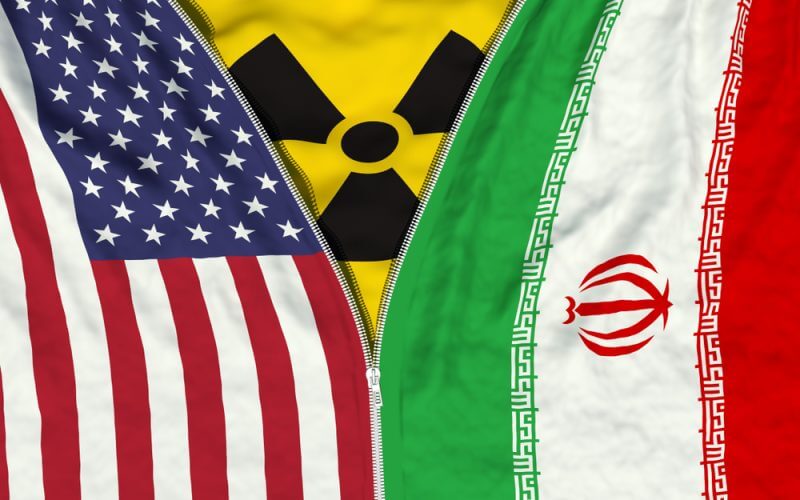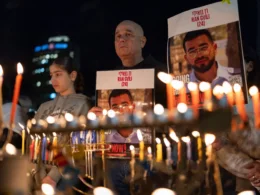Following reports last week that United States Special Envoy to Iran, Robert Malley, held secret meetings with the Islamic Republic of Iran's Ambassador to the United Nations (U.N.), the State Department responded on Monday by not denying that the talks took place.
When asked about last week's secret meeting, State Department deputy spokesperson Vedant Patel said he did not have "anything to announce on this front."
"As you've heard me say previously, we have the means to communicate with Iran and deliver messages to them that are in America's interest to do so. We are not going to detail the contents of those messages or the means of those deliveries. I do not have anything additional to add there," Patel told reporters.
Over the weekend, The Foreign Desk reported that Robert Malley met with the Islamic Republic's U.N. Ambassador Amir Saied Iravani, a senior official at Iran's Supreme National Security Council, before being sent to New York in September of last year to reengage with the regime over its nuclear program.
U.S. diplomats familiar with the meeting talked to The Financial Times, noting that it was unlikely a nuclear deal would come from the talks, but did not rule out an interim agreement or freeze.
Other officials said that one aspect of an interim deal between Tehran and Washington could involve unfreezing Tehran's assets stored in Seoul, South Korea.
Another U.S. official who spoke to The Times said that Washington always thought diplomacy with Tehran was the "best way" to "verifiably and durably ensure Iran never acquires a nuclear weapon." The same officials said the U.S. government is not announcing anything yet and has not "removed any option from the table."
The secret talks between U.S. and Iranian officials are not new, given that during the Obama administration, the President and his foreign policy team engaged in secrecy with Tehran in Oman, leading to the 2015 nuclear agreement whereby Iran would cease its nuclear development in exchange for economic sanctions relief.
The Biden administration is continuing to push for negotiations with Iran as the regime continues to enriching uranium needed to create a nuclear warhead and as classified U.S. intelligence reports revealed Tehran's increased support for Islamic terrorists in Syria against U.S. Forces.
According to intelligence officials, senior-ranking Russian, Iranian, and Syrian military and intelligence officials met in November last year and agreed to establish a "coordination center" for directing the campaign.'
Following the death of 22-year-old Mahsa Amini at the hands of the Islamic Republic's morality police, Iranian Americans and activists called on the administration to cease negotiations with the regime, calling on President Bident to fire Robert Malley for his pro-Islamic Republic stance and his efforts to revive the 2015 nuclear agreement.
In a recent address to the pro-Israel advocacy group AIPAC on Monday, Secretary of State Antony Blinken said that if the Islamic Republic "rejects the path of diplomacy, then, as President Joe Biden has repeatedly made clear, all options are on the table to ensure that Iran does not obtain a nuclear weapon."
Related Story: Biden Mid East Adviser Went to Oman for Diplomatic Outreach for Iran Nuke Deal









